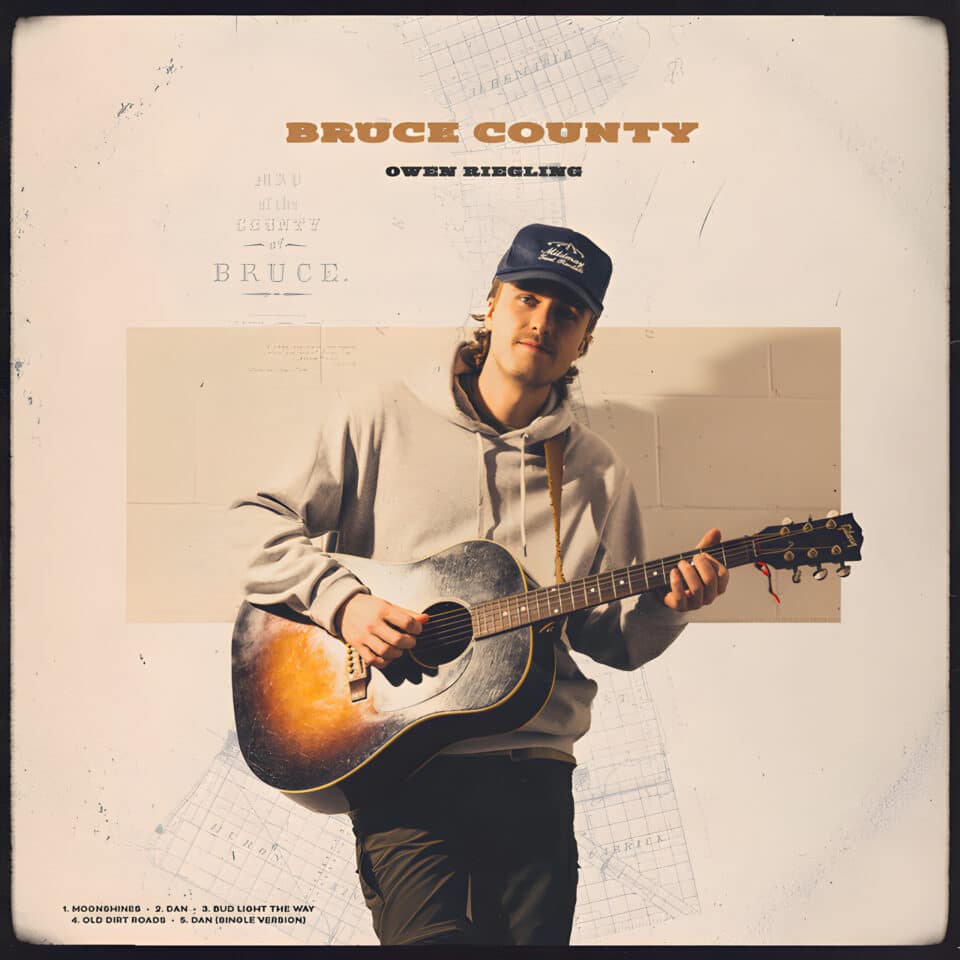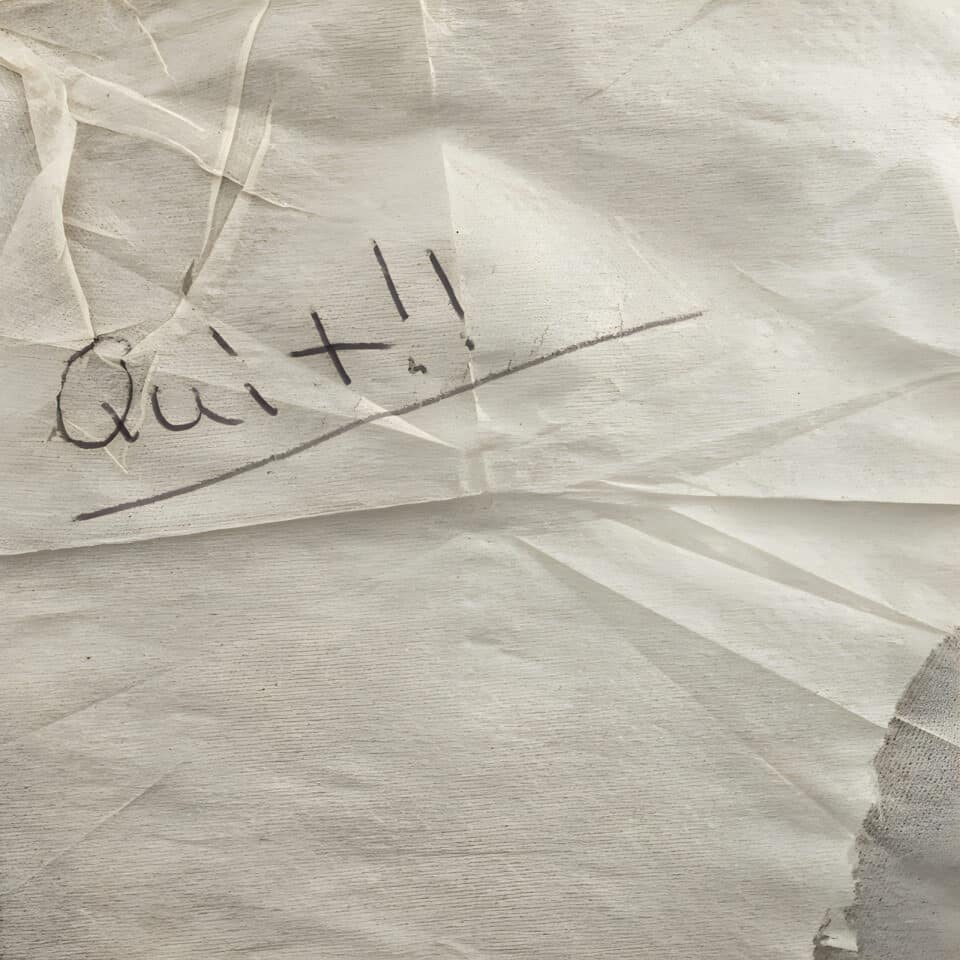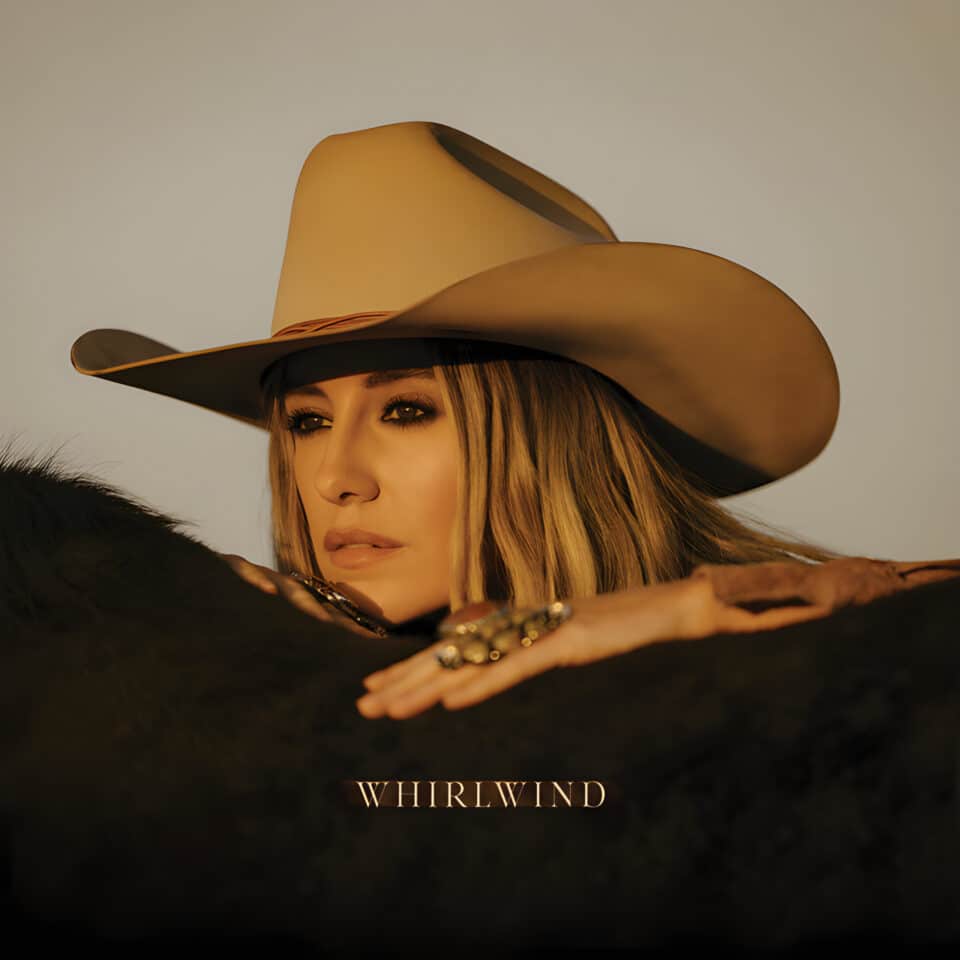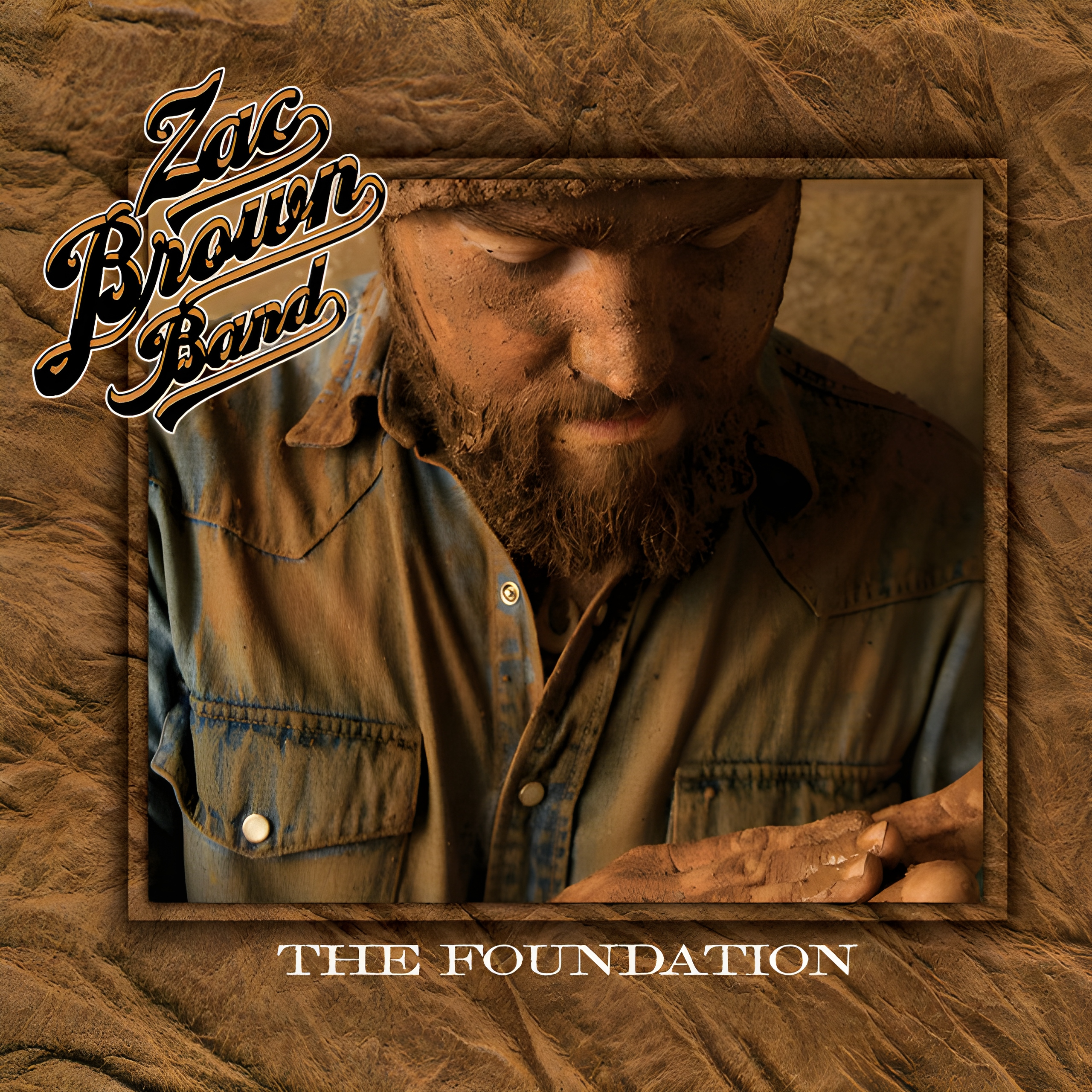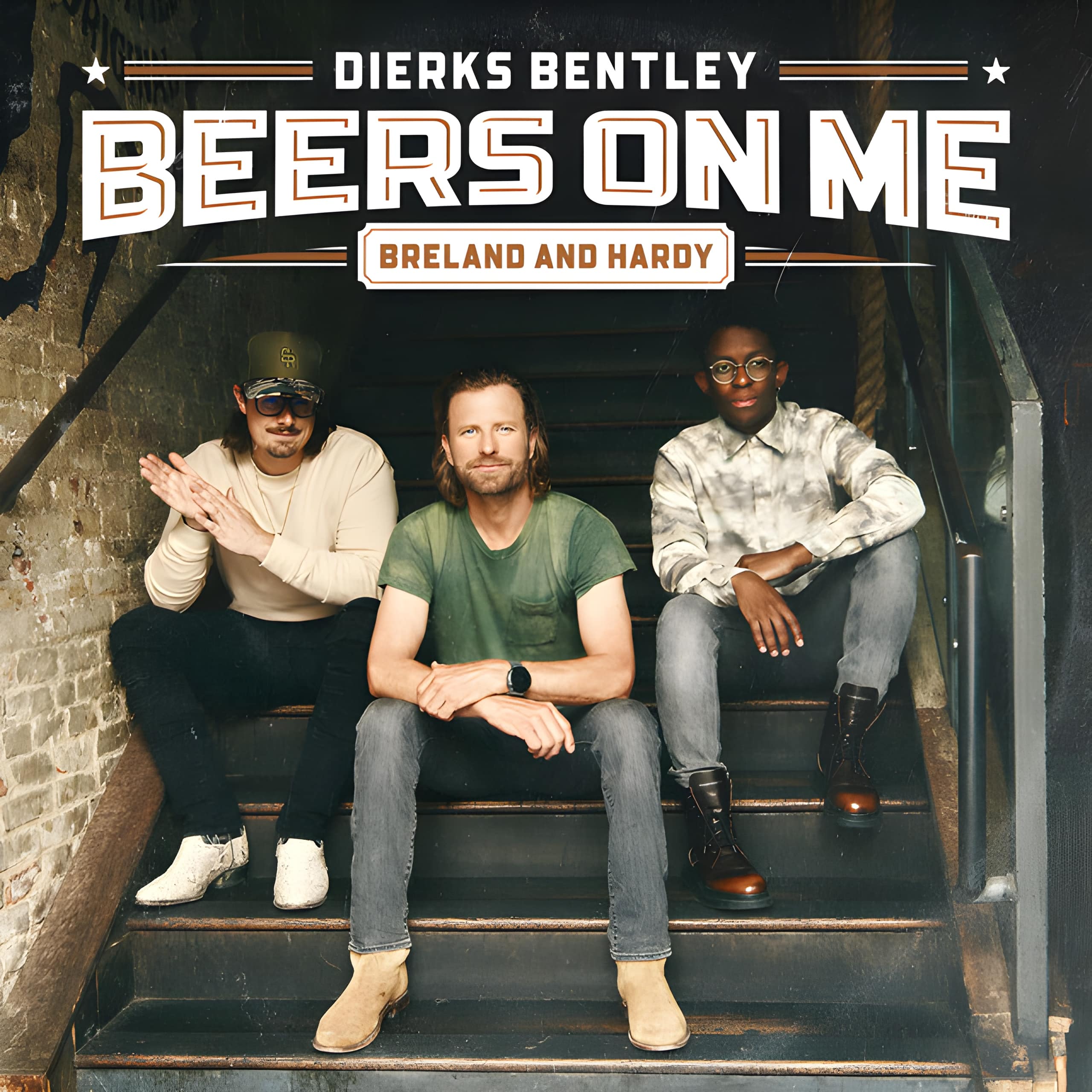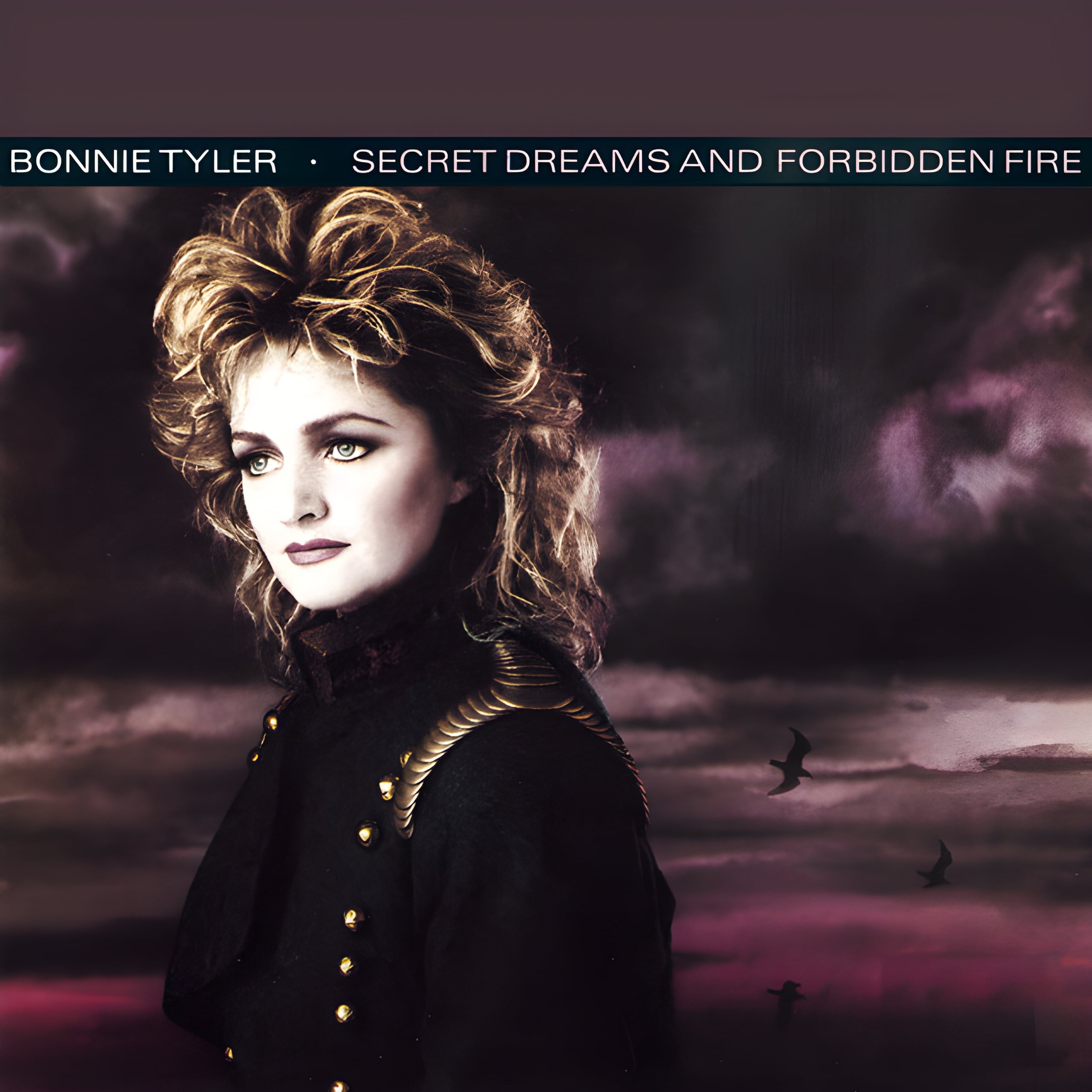Released: 2024
Owen Rieg
Owen Riegling’s “Moonshines” dives deep into the heart of rural life, portraying a narrative soaked in the tradition of moonshining and the gritty, entrenched family loyalties that accompany it. It’s not just a song; it’s a vivid painting of life away from the city lights, where the making of moonshine isn’t just a job, but a family heritage and a source of pride. The stark imagery Riegling uses, from the thick woods to the still where moonshine brews, sets the stage for a story about survival, tradition, and a deep-rooted connection to the land.
When Riegling sings about being “back in the hills where the woods get thick,” he’s not just setting a scene; he’s inviting us into a world where living off the land is both a necessity and a way of life. The mention of “brewing shine in a still, growing smoke in the ditch” speaks to the clandestine nature of moonshining, a risky but rewarding endeavor that has been passed down through generations. This life is not for the faint-hearted—it’s for those with white lightning running through their veins, a metaphor for the fierce independence and resilience required to live this way.
The chorus, with its evocative call of the whip-poor-will and the cry of coyotes, places us right “way back in the holler where the moon shines.” Riegling isn’t just talking about a physical location; he’s talking about a state of mind, a place where one is deeply connected to the land and the family. The repetition of “We’ve got white lightning running through our veins” and “And we’ll die trying to save our family name” reinforces the theme of pride and the lengths to which they will go to protect their legacy.
The bridge, with its simple yet powerful “Whoa-oh” chant, serves as a rallying cry, a moment of unity and strength before returning to the stories of the holler. Riegling’s assertion that none of the outside opinions matter—whether they be called backwoods or backwards—underscores a defiance against judgment and a deep-seated pride in their way of life.
The final verses bring us back to the “bonfire flames” and the shine that “Burns as bright as” those flames, linking the moonshine not just to a product but to an indelible mark upon the soul of those who make it. It’s a legacy that, like an “old grease stain,” won’t wash out, defining the essence of who they are and cementing their connection to the holler.
Owen Riegling’s “Moonshines” is a tribute to the enduring spirit of moonshiners and their families, a story that speaks to the idea that some traditions, no matter how controversial, are worth preserving. It’s about more than just moonshine; it’s about identity, legacy, and the deep bonds of family and land that can’t be broken.
